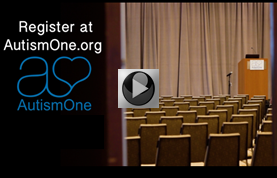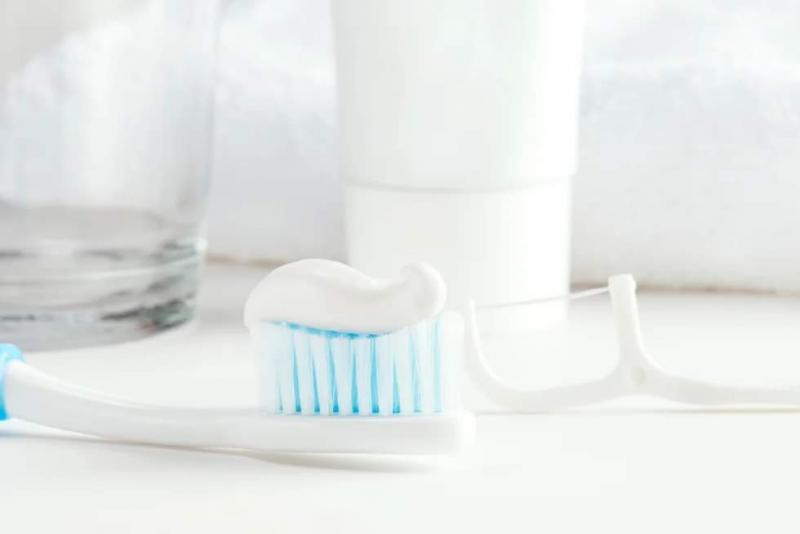HRSA-funded Poison Control Center Says Vaccines Don't Cause Autism
Warning! The following contains so many factual errors on so many levels the reader may have to notify their local poison control center of poisoning by propaganda.
A poison control center dismissing the dangers of thimerosal? It all makes sense when most of their funding comes from HRSA, which also funds the Vaccine Injury Compensation Program.
The Bottom Line:
Vaccines Don't Cause Autism
There is no scientific controversy over whether vaccines cause autism: the answer is "no". But many people believe that there is a link; others have heard about the controversy but don't know the bottom line.
Autism is a life-long condition that begins in childhood, typically by age 2. Those with the condition often develop normally. Then, they lose their ability to communicate effectively or have normal social interactions. They also have difficulty processing information, may have intellectual challenges, and exhibit a variety of abnormal behaviors. Many have other physical and mental health conditions, too. There are no proven causes, thus no known prevention measures. Treatment addresses behaviors and co-existing health problems, in an attempt to help these children and their families adapt as well as possible to this extremely difficult condition.
The idea that vaccines might somehow play a role began in 1998. A British doctor published a paper in which he stated that a group of previously-normal children developed developmental delays and a gastrointestinal illness soon after being vaccinated against measles, mumps, and rubella. Researchers were hopeful; parents were anguished, thinking that they had caused their children to develop this terrible disease.
Other researchers were unable to reproduce these results, an essential step to validate such findings. It was later learned that the doctor had lied. After a long investigation, he lost his license to practice medicine.
Around the same time, it was noticed that the number of children diagnosed with autism and the number of recommended childhood vaccines were both on the increase. Some people thought that thimerosal, a mercury containing preservative in vaccines, might be the cause. It is true that some forms of mercury, in large enough amounts, are poisonous to humans, but there is no evidence that thimerosal causes autism. In fact, thimerosal was removed from vaccines, but autism rates continued to climb. This is the opposite of what one would expect if thimerosal were responsible for causing autism.
There is still no known way to prevent autism. But it is known that vaccines do not cause autism. Further, it is known that unvaccinated children are at risk for serious illness, even death, from diseases that can be prevented by vaccination.
Find out more about this topic and get a list of references on National Capital Poison Center's website.
| Attachment | Size |
|---|---|
| The Poison Post - Fall 2010 Edition.pdf | 1.05 MB |
- Ed Arranga's blog
- Login or register to post comments





